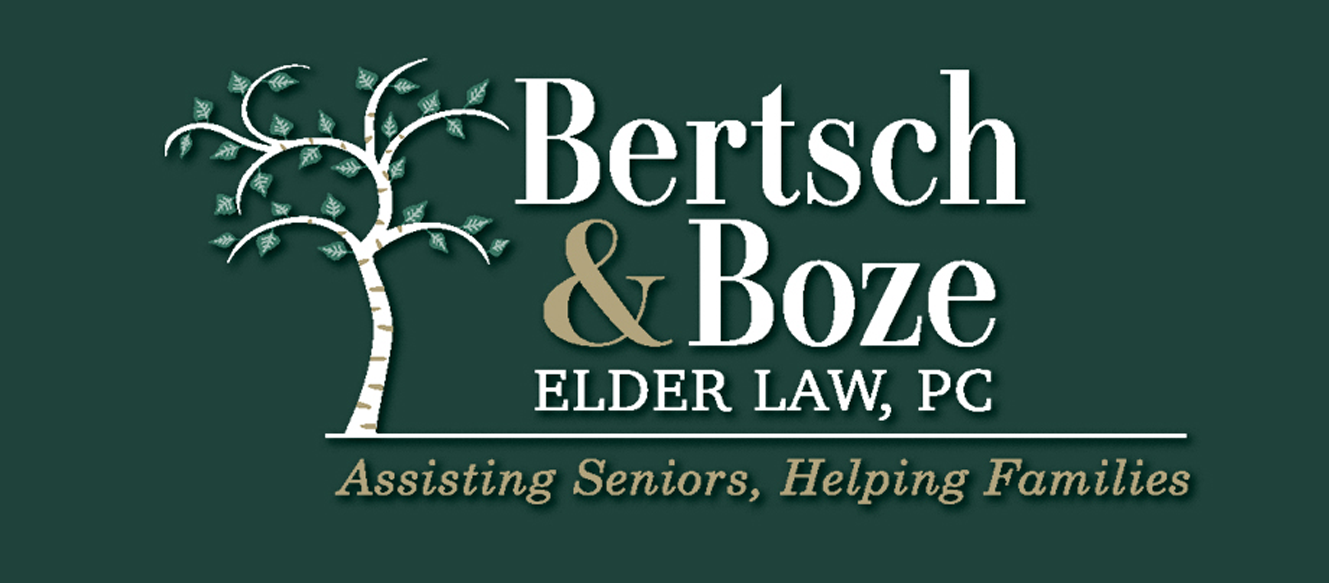Getting Started with Your Estate Plan
Explanations and Frequently Asked Questions
An estate plan is more than simply deciding who gets your assets when you die. A proper estate plan also includes arrangements for managing your affairs if you become incapacitated (unable to make decisions on your own) due to an accident or a medical condition such as stroke, Alzheimer’s, or dementia. If you have a spouse, young children, grandchildren, or a disabled family member, a good estate plan will help you ensure these loved ones are cared and provided for after your death. Perhaps most importantly, proper estate planning helps ease the burden on your family when you become disabled or die.
You’ve already taken the most important first step in the process, which is scheduling an appointment with a lawyer who specializes in estate planning. At the initial conference, you will provide information about yourself, your family, your assets, and your goals, which will allow the attorney to formulate an estate plan that is right for you. The initial conference lasts approximately one hour. At the end of the meeting, the attorney will make recommendations about which techniques best suit your individual needs, as well as the legal documents that are necessary to make sure your wishes are carried out.
What should I bring to the initial conference?
The most important thing to bring to the initial conference is a completed copy of the attached Questionnaire . This will give the attorney basic information about your family and financial situation, as well as the people you would like to be in charge of your affairs if you die or become disabled. This guide will assist you in completing the Questionnaire, but if you have any questions simply contact our office and we will be happy to walk you through it.
In addition, if you have readily available copies of the following documents, bringing them to the initial conference can be helpful in mapping out your estate plan:
- Any old (or current) wills, trusts, or estate planning documents;
- Deeds for any real property (land) in which you own an interest;
- Documents relating to any businesses you own, such as partnership agreements or articles of incorporation;
- Any divorce decrees that have requirements applicable to your estate plan (such as divisions of real property, pensions or retirement plans);
- Beneficiary designations for bank accounts, life insurance policies, and retirement plans;
- Any prenuptial agreements, marital property agreements, or family settlement agreements that affect your property rights.
What questions should I be prepared to discuss?
The most important questions you will discuss at the initial planning conference are:
- Who should receive your property at your death?
- Who should be in charge of carrying out your wishes after you die?
- Who is best equipped to handle your financial affairs while you are living, if you become unable to manage them on your own?
- Who would you want to make medical decisions for you if you become unable to make them on your own?
- If you have minor children, who should care for them if something should happen to you?
If you have any specific issues or concerns, such as who will have control of your business or who will take care of an adult disabled child, you should make a list of those questions and concerns to bring to the initial conference.
What do all these legal terms mean?
Legalese can be confusing! The following are brief explanations of some of the concepts you will be discussing at the initial conference. These are complex topics that will be explained in more detail by your attorney, but these definitions can help you complete the Estate Planning Questionnaire and prepare for your initial conference:
- Estate: All of the property, real and personal, that you own at the time of your death. Real property is land (or an interest in land, such as oil or mineral rights). Personal property is everything else: your household furnishings, collectibles, vehicles, firearms, etc.
- Probate:
The process by which a court determines who should receive the assets of a deceased person, based on either the terms of the person’s will or under the “laws of intestacy” if the person dies without a valid will. A will must be probated to take effect; if there is no will, the estate must still be probated in order to transfer title.
- Certain assets (such as bank accounts, life insurance proceeds, and retirement accounts) may bypass the probate process and may transfer automatically to the person(s) you choose upon your death. These are sometimes referred to as “non-probate assets.” It is vitally important to ensure that all your assets, both probate and non-probate, are accounted for in your estate plan.
- Will:
The legal document which contains your instructions for distributing your property after you have died. The will also lets you appoint a person to be in charge of wrapping up your affairs.
- There are very specific legal requirements that must be met for a will to be declared valid in Texas. Working with an estate planning attorney will help ensure that your wishes are carried out by the court.
- Executor:
The person you appoint in your will to be in charge of wrapping up your affairs after death. An executor is responsible for gathering the assets of the estate, appearing in court to probate the will, and distributing the assets according to the instructions contained in the will.
- An executor does not have to have any specialized training – they will work with an attorney to guide them through the probate process. Clients typically name a spouse, a close sibling, or a responsible adult child as the executor of their will.
- Trust: A special type of relationship where one person (the “grantor”) gives another person (called a “trustee”) the right to hold and distribute property for someone else’s benefit (the “beneficiary”). For example, if a minor child were to inherit a large sum of money, that money should be held in a trust, which allows you to appoint a responsible adult to hold, invest, and distribute the money according to your instructions. There are many types of specialized trusts that may be useful depending on your unique situation.
- Power of Attorney (POA): A document in which one person (the “principal”) appoints another person (the “agent”) to act on his or her behalf.
- Statutory Durable Power of Attorney:
A type of POA that lets you appoint someone to handle your financial affairs, such as signing your name on checks, making contracts on your behalf, or buying and selling property. It is a “statutory” power of attorney because it is authorized under a specific Texas law (a “statute”). It is “durable” because the power of attorney remains effective even if you later become incapacitated.
- Your financial power of attorney should be someone that you trust and who is financially responsible. It can be, but does not have to be, a family member: for example, a close friend who happens to be a CPA may be a better option than a sibling who is not good with money matters.
- Medical Power of Attorney: A power of attorney that lets you appoint someone to make medical treatment decisions for you in the event you become incapacitated. A medical power of attorney only takes effect if your doctor certifies in writing that you are no longer able to make your own health care decisions. Until then, you retain control of your own medical treatment.
- Directive to Physicians/Advanced Directive/“Living Will:” A document that allows you to make decisions about whether you want “life sustaining treatment,” such as ventilators or feeding tubes, if and when you have a terminal or irreversible condition. The Directive to Physicians only applies in limited circumstances where you are unable to communicate your own health care decisions.
- HIPAA: The Health Insurance Portability and Accountability Act of 1996 is a law that prohibits medical providers from discussing a patient’s condition or treatment with third parties. A valid “HIPAA Authorization” allows you to designate certain people (usually close family members) to talk to your doctors and see your medical records. The HIPAA Authorization does not grant anyone the ability to make health care decisions for you, it simply authorizes your doctors to discuss your condition with the people you name.
Guardianship: The legal process by which a court appoints a person (the “guardian”) to care for the personal and financial interests of an incapacitated person (called “the ward”). Guardianship is only used in extreme situations, and proper estate planning can help avoid the need for guardianship. However, if the need for guardianship ever does arise, we can prepare documents that instruct the court who you would want to care for yourself, your minor children, and/or your financial affairs should you become incapacitated.
The post Getting Started with Your Estate Plan appeared first on Carol Bertsch.











Share On: